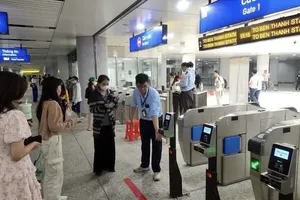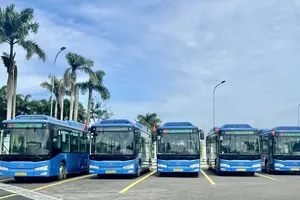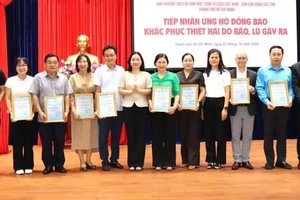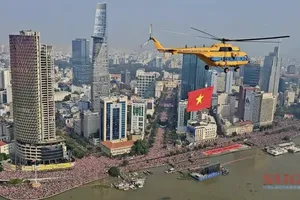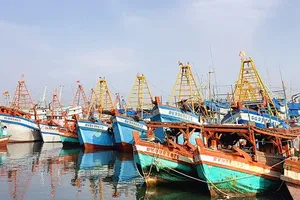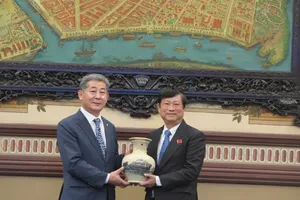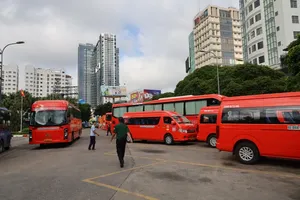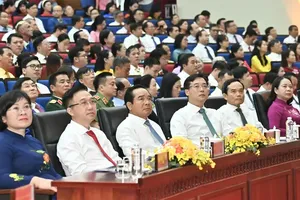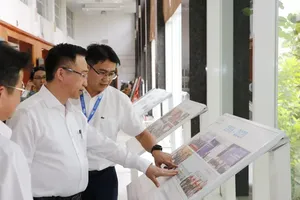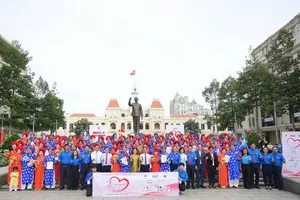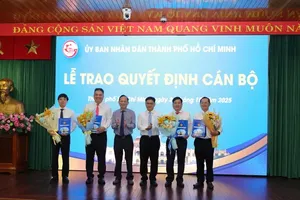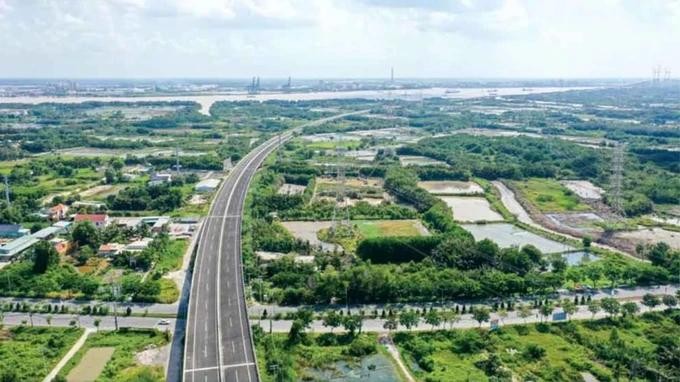
The workshop organized by the Ho Chi Minh City People's Council in collaboration with various institutes and educational institutions, advocated for the expansion of areas aimed at enhancing green transportation. This initiative focuses on facilitating the transition to electric vehicles and clean fuels to meet the Net Zero target by 2050.
Can Gio outlying district stands out as a significant area in this context. It is the only coastal district of Ho Chi Minh City, featuring a mangrove biosphere reserve, and is home to two major projects such as the expansion of a coastal tourism urban area and the establishment of an international transit port. These developments present both substantial opportunities and challenges.
To implement Resolution 12-NQ/TU dated September 26, 2022, from the Ho Chi Minh City Party Committee, which envisions transforming Can Gio district into a coastal city characterized by green, smart, and environmentally sustainable growth by 2030, an Action Program for a Green Can Gio has been initiated. This program includes plans for developing a "Green Port," and selecting a pilot project to transition from fossil fuels to clean energy is a crucial, long-term strategy.
Can Gio suburban district's road density is relatively low due to its expansive area and the prevalence of canals and ditches. Motorbikes are the most common mode of personal transport, with the majority of vehicles relying on gasoline. Economic activities are limited, resulting in a lower daily trip frequency compared to other districts, and public transport usage remains quite minimal.
It is estimated that approximately 75.4 percent of daily trips are made using gasoline-powered motorbikes, while 14.3 percent utilize alternative transport options such as private cars, bicycles, and taxis. Currently, Can Gio has five bus routes, with an average frequency of 11-22 minutes per trip during peak hours and 30-60 minutes during off-peak times.
The Green Transport Pilot Program for Can Gio is poised to make significant strides.
Two factors are driving the initial adoption of electric motorbikes among individuals and transportation services. A significant proportion of families have a history of utilizing electric vehicles for routine travel, with 19.1 percent of households owning electric bicycles, 2.8 percent possessing electric motorbikes and 18.2 percent having electric cars. Furthermore, the majority of visitors to Can Tho are tourists (representing 89.6 percent of all visitors, compared to only 8.2 percent who are on business trips or studying in the area).
Of these, approximately 97 percent of visitors originate from Ho Chi Minh City. The two primary categories of vehicles utilized by tourists are gasoline motorbikes (56.1 percent) and gasoline/diesel cars (30.6 percent). Consequently, the implementation of the Green Transportation program affords tourists the dual opportunity to experience and to be served.
A recent survey revealed that 68.0 percent of tourists who utilise taxis expressed a preference for switching to buses or electric cars. Among tourists who employ gasoline motorbikes and gasoline/diesel cars, 22.4 percent and 25.8 percent, respectively, indicated a desire to transition to buses or electric vehicles for their journeys.
It is therefore recommended that accompanying solutions be considered in a comprehensive manner. One such solution would be the provision of a transit parking lot at the gateway of Can Gio through Binh Khanh ferry for tourists to switch to green vehicles when travelling in Can Gio. An alternative would be to provide a high-frequency bus service connecting directly to and from the center of Ho Chi Minh City, which would replace the current low-frequency, unsubsidized bus route.
The successful implementation of the initial venue such as those in Can Gio will serve as the foundation for the subsequent expansion of these initiatives to other areas and transportation sectors throughout Ho Chi Minh City.
